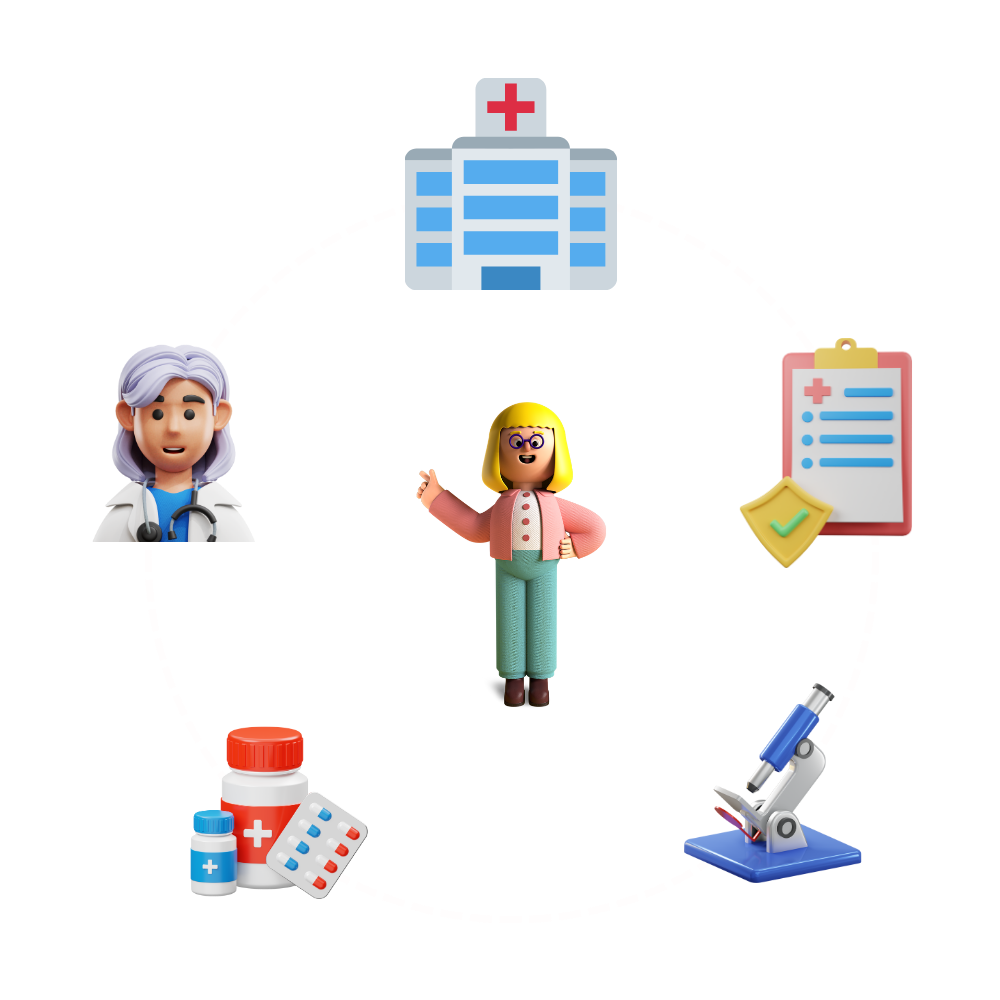About Dr Nirva Mehta Clinic
Since 2010
Dr Nirva Mehta Clinic is one of best specilaity clinic located at Majura Gate, Surat. Established in the year 2010. Dr Nirva Mehta Clinic is visited by top doctors like Dr. Nirva Mehta (Ayurvedic).
The Timing of Dr Nirva Mehta Clinic is
MON - SAT
10:00 AM - 12:00 PM
SUN
12:00 AM - 09:00 PM
For patients pleasant facility, Dr Nirva Mehta Clinic provides a amenities like Waiting lounge. Dr Nirva Mehta Clinic has a wide range of procedures and services offered to their patients like Trichology, Diet, Obesity & Weight Loss, Hair Fall/Acne/Allergy/Weight Loss-Gain, Piles Treatment without Surgery, Constipation, Headache, Infertility Evaluation/Treatment & More. The 1 Doctors at Dr Nirva Mehta Clinic are very good knowledge in their field of expertise & provide the best Diagnosis & Treatment to patients.
The staff at Dr Nirva Mehta Clinic are polite and providing prompt assistance with any queries that the patient may have. The patient can pay for the service with ease by using any of the available modes of payment, such as Cash.
Dr Nirva Mehta Clinic is a General Health Clinic in Majura Gate, Surat. The clinic is visited by doctors like Dr. Nirva Mehta. The timings of Dr Nirva Mehta Clinic are: Mon-Sat: 02:00-21:00 and Sun: 00:00-21:00. Some of the services provided by the Clinic are: Hair Fall/Acne/Allergy/Weight Loss-Gain,Wart Removal,Male and Female Fertility,Kidney Stone Treatment and Pigmentation etc. Click on map to find directions to reach Dr Nirva Mehta Clinic
 Drlogy
Drlogy




